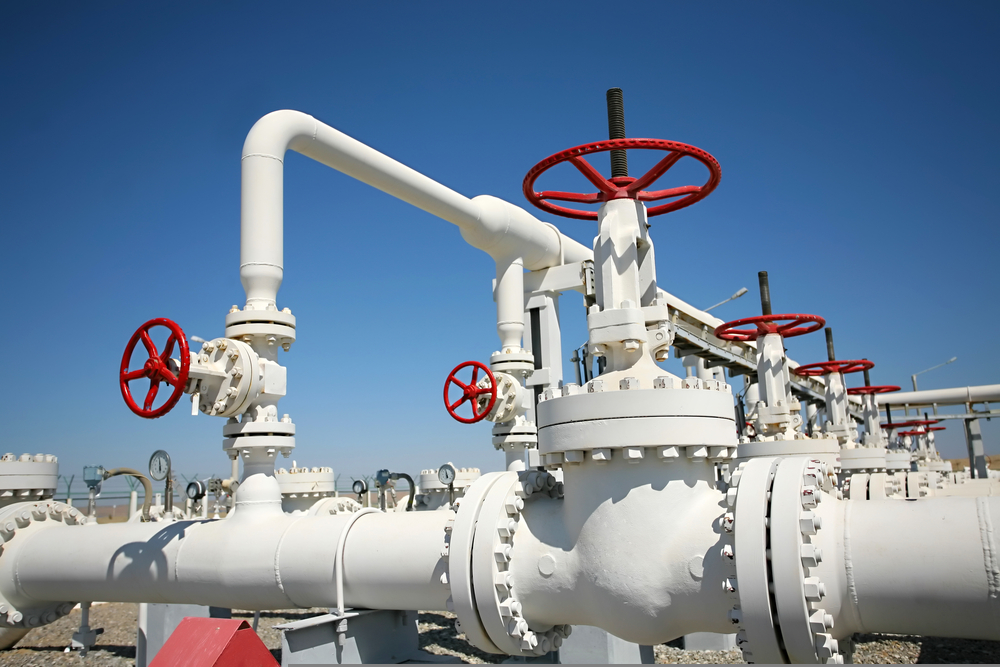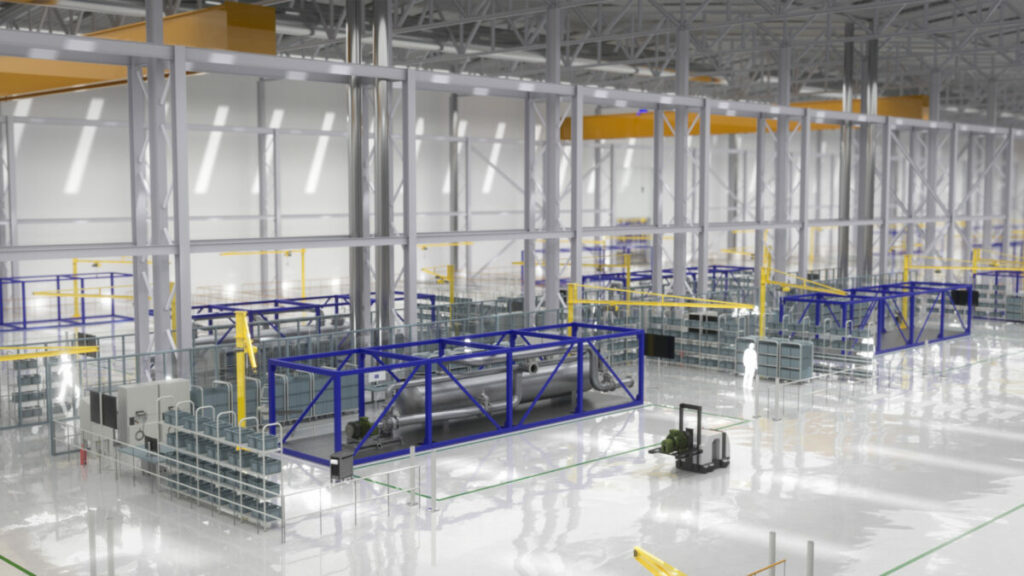The government has been accused of potentially scaring off green energy investors, after Rishi Sunak has announced the government will be building new gas power stations.
In a move it describes as a “common-sense decision” to shore up the UK’s energy supply in the transition to net zero, the government has given developers the green light to build new gas power stations, watering down its own commitment to reach a net zero grid by 2035.
Sunak said that new gas power stations – which will replace existing plants – are necessary to offer a “safe and reliable” backup when wind and solar do not perform.
In October last year, the government passed a set of new laws which it says will help ensure affordable energy and assure net zero for businesses via a new tender process which will reduce costs for network operation and development.
However, the new proposals to boost gas power capacity say the plants will be allowed to pollute and do not include carbon capture measures.
Campaigners say this latest watering down of policy could threaten the legally binding commitment to reach net zero targets. The Green Alliance said the move “flies in the face” of government plans to reach net zero electricity by 2035.
Energy Security Secretary, Claire Coutinho said there are “no easy solutions in energy, only trade-offs”, stating that the UK “must put national interest over ideology” and be “realistic” regarding the move towards clean energy.
Subscribe to Sustainability Beat for free
Sign up here to get the latest sustainability news sent straight to your inbox every day
Dr Doug Parr, policy director at Greenpeace UK, said: “The government’s cunning plan to boost energy security and meet our climate goals is to make Britain more dependent on the very fossil fuel that sent our bills rocketing and the planet’s temperature soaring.
“The only route to a low-cost, secure and clean energy system is through attracting massive private investment to develop renewables and upgrade our aging grid, but this government has failed on both fronts.
“They’ve blocked cheap onshore wind, botched the latest offshore wind auction and left new solar and wind projects waiting for over a decade to connect to the grid.
“And now, with the energy secretary and the prime minister banging on about building more gas plants, they could further put off green energy investors, which will surely damage our energy security, not improve it.”
Christophe Williams, CEO of Naked Energy said it is a “mistake” to believe that relying on fossil fuels will lead to cheaper bills and energy security.
“The North Sea’s gas is running out, and when it does we will be at the mercy of foreign imports and the price volatility that comes with it. Considering that none of the CO2 from this gas will be captured, it’s a lose-lose for customers – their bills and our emissions will go up,” he explained.
“Regardless of what happens in this year’s election, the answer is renewable energy. It makes far more fiscal sense to invest in modernising the power grid, expand wind farms on our shores and shred the red tape that is slowing down the deployment of renewable technologies.
“At the end of the day, this is the only way to boost our energy security and achieve our net zero targets – it’s really as simple as that.”
The move is the latest in a series of moves which have weakened the government’s green policies.
In the spring budget, issued earlier this month, the government was accused of missing an “opportunity” to tackle the climate crisis.
In September last year, it delayed the planned national ban on the sale of new petrol and diesel cars, from 2030 to 2035. The government has also delayed the planned ban on oil and LPG-fired boilers that was due to come into effect by 2026.















